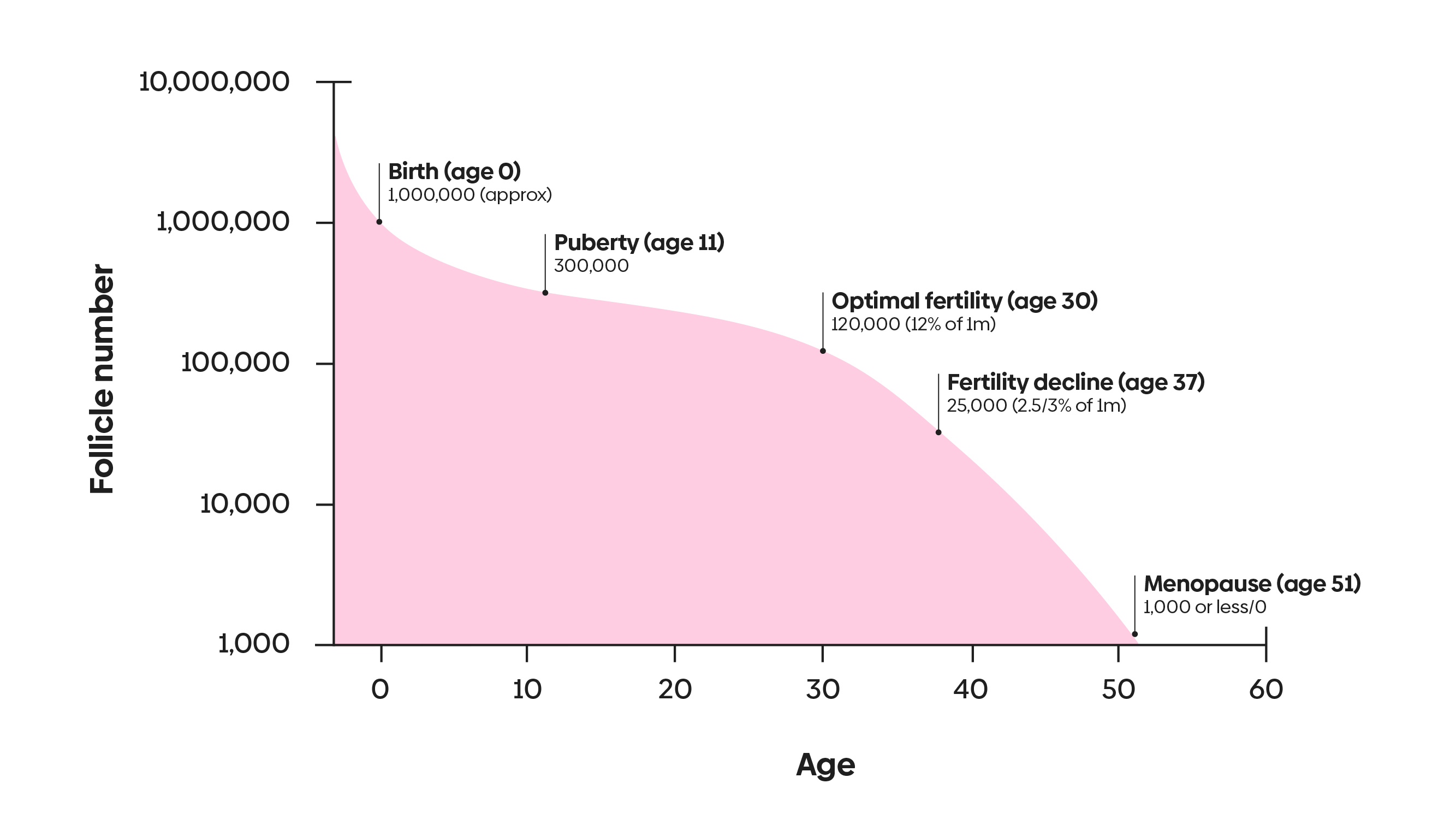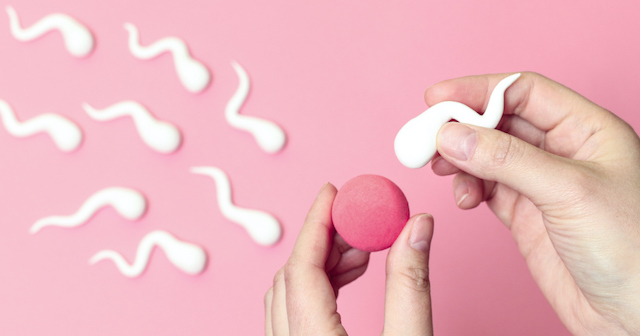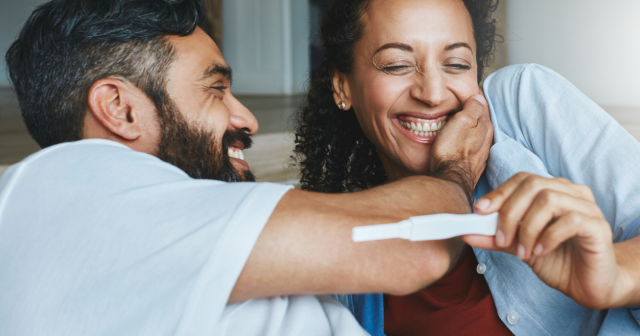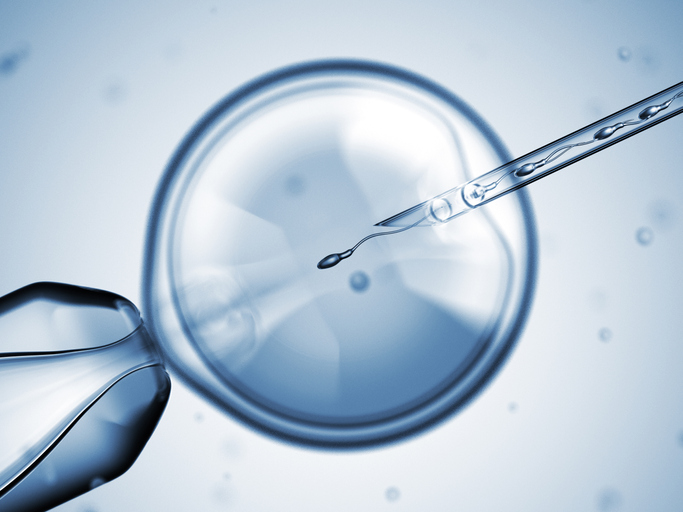Overview
If you’re thinking about starting a family, either now or in the future, it can help to know as much as you can about how your body works.
Read on to find out how many eggs you’re born with, and how this number changes over time. Plus, discover how egg quality changes as you age and when you’re at your most fertile.
How many eggs are women born with?
As a fetus, the ovaries will hold between 6 and 7 million eggs (follicles). This is the most eggs a female will ever have as no more are produced beyond this time.
This number steadily decreases as eggs die and are reabsorbed by the body during development until it reaches around 1 to 2 million at the point of being born.
How many eggs does a woman have at puberty?
After birth, the number of eggs in the ovaries continues to decrease. Each month around 10,000 eggs die, leaving around 300,000 eggs (25%) at the time of puberty. The average age for females to begin puberty is 11.
How many eggs does a woman have at 30?
After puberty the number of eggs that die decreases to around 1,000 each month. Females are most fertile in their 20s and fertility begins to decline more steeply after 30.
It’s estimated that 95% of females will have around 120,000 eggs remaining (12%) at 30 years old, while at 37 this will have decreased further to around 25,000 (3%). At age 30, your chance of getting pregnant each cycle is around 20%.
Discover how to increase your chances of getting pregnant.

How many eggs does a woman have at 40?
After 37, egg count decreases more rapidly and your chance of becoming pregnant is less than 5% per cycle. The exact number you have left will depend on lots of factors like your genetics, when you started your periods and whether you smoke.
How many eggs does a woman have at 50?
The menopause is when periods have stopped for more than 12 months and you stop ovulating so it’s no longer possible to get pregnant naturally.
This usually happens between the ages of 45 and 55 – the average age in the UK for a woman to reach the menopause is 51. At this stage of life there are around 1,000 eggs left in the ovaries, but these aren’t fertile.
How many eggs does a woman release each month
Now you know how many eggs you may have at each stage of life, you might be wondering how many of them are released each month. If you menstruate (have periods), you’ll usually release 1 egg every cycle. After the egg is ovulated it’ll live for 24 hours. Pregnancy happens when sperm meet and fertilise this egg.
Very occasionally more than 1 egg is released, which can result in a multiple pregnancy (twins or triplets, for example) if fertilised. Occasionally you won't release an egg at all, which can be normal, or it may be that you have an underlying condition like polycystic ovarian syndrome or are using hormonal contraception.
In total, somewhere between 300 and 400 eggs will be ovulated across a female reproductive lifetime. Research is ongoing into why the body chooses a particular egg to 'mature' each month for ovulation so we don't yet know whether higher quality eggs are released earlier in a woman’s reproductive lifetime.
When to speak to a doctor
Speak to a doctor if you have any concerns about your fertility or would like to discuss options such as fertility tests, egg freezing and IVF.
You should also speak to a doctor for advice if:
- you’ve been trying to get pregnant for over a year or are over 36 years old
- have had treatment for cancer
- you have irregular periods, or very short or long cycles (shorter than 21 days or more than 35 days)
Your health questions answered
How do I know how many eggs I have left?
Answered by: Healthily's medical teamIf you’d like to find out how many eggs you have left, you can have an anti-mullerian hormone (AMH) test. This is a simple blood test that’s used to check how many potential egg cells you have left (ovarian reserve). If your ovarian reserve is high, you might have a better chance of getting pregnant. If it’s low, you may have trouble getting pregnant. The AMH test isn’t currently available on the NHS but can be done privately.
What happens to egg quality as you age
Answered by: Healthily's medical teamAs you get older and your number of eggs decreases, so does their quality. This makes it less likely for you to become pregnant and also increases the risk of miscarriages. This is especially true around the mid to late 30s when both egg quantity and quality decrease more rapidly.
Key takeaways
- as a fetus, the ovaries will hold between 6 and 7 million eggs
- at birth a female will have around 1 million eggs
- at puberty the ovaries hold around 300,000 eggs
- at 37 eggs decreased further to around 25,000, and there’s a 20% chance of getting pregnant
- after 37 egg numbers decrease rapidly and at 40 there’s less than a 5% chance of getting pregnant per cycle
- at menopause only 1,000 eggs remain and these are not fertile
- speak to a doctor if you been trying to conceive for over a year or sooner if you’re are over 36 and trying to get pregnant, have had cancer treatment, or wish to discuss fertility testing






